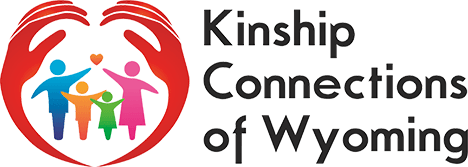Back to ArticlesSecondary PTSD and Compassion Fatigue
June 9, 2021
Secondary PTSD and Compassion FatigueSecondary PTSD and Compassion Fatigue
Secondary PTSD and Compassion Fatigue
As helpers, whether that be in a professional or personal
capacity, it is hard to not take on the weight of the experiences the children
we care for and work with have endured. Sometimes it can feel overwhelming and
even debilitating. It is a completely normal reaction to the situation you are
in, and it is okay to feel whatever you may feel. It is also important to
recognize the impact you are having and utilize necessary interventi person is
different and may be impacted in different ways. Here is a general list of
signs of secondary traumatic stress, also known as compassion fatigue taken
from The National Child Traumatic Stress Network.
·
Hypervigilance
·
Hopelessness
·
Inability to embrace complexity
·
Inability to listen, avoidance of clients
·
Anger and cynicism
·
Sleeplessness
·
Fear
·
Chronic Exhaustion
·
Physical Ailments
·
Guilt
·
Minimizing
While these symptoms can be very difficult to manage, the
first step in getting through what you may be experiencing is acknowledging the
impact it has made on you and asking for help. In a professional setting, most
employees have some sort of Employee Assistance Program which should offer
counseling. You should also practice self-care such as daily exercise and
mindfulness activities. If you are struggling with Secondary Post Traumatic
Stress, please reach out to your employer if you are experiencing this in your
professional career. If you are a kinship caregiver caring for a child and
experiencing symptoms of compassion fatigue, please reach out to your kinship
navigator or dial 2-1-1 to get resources today. You are not alone. We are here
to help.
